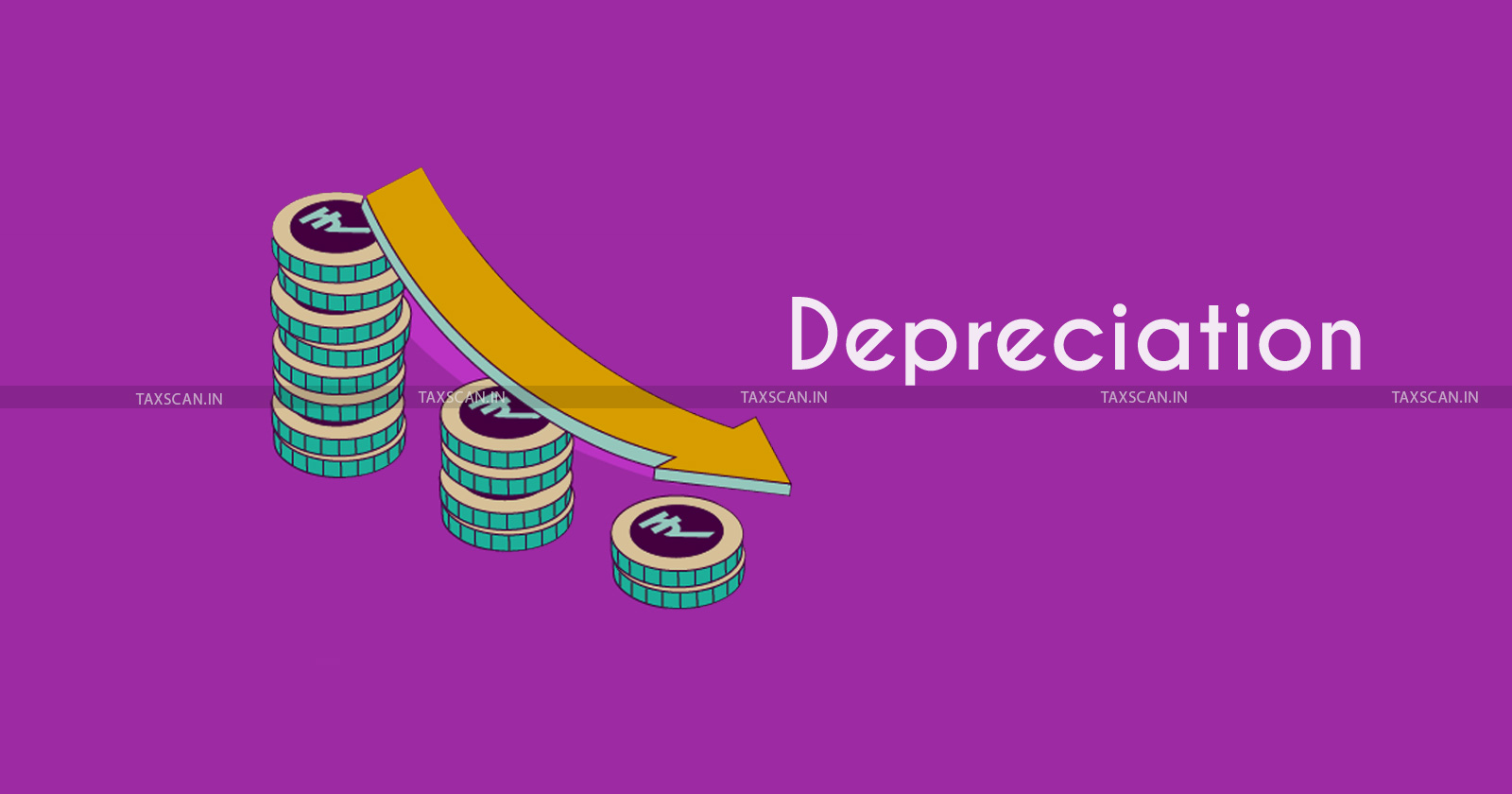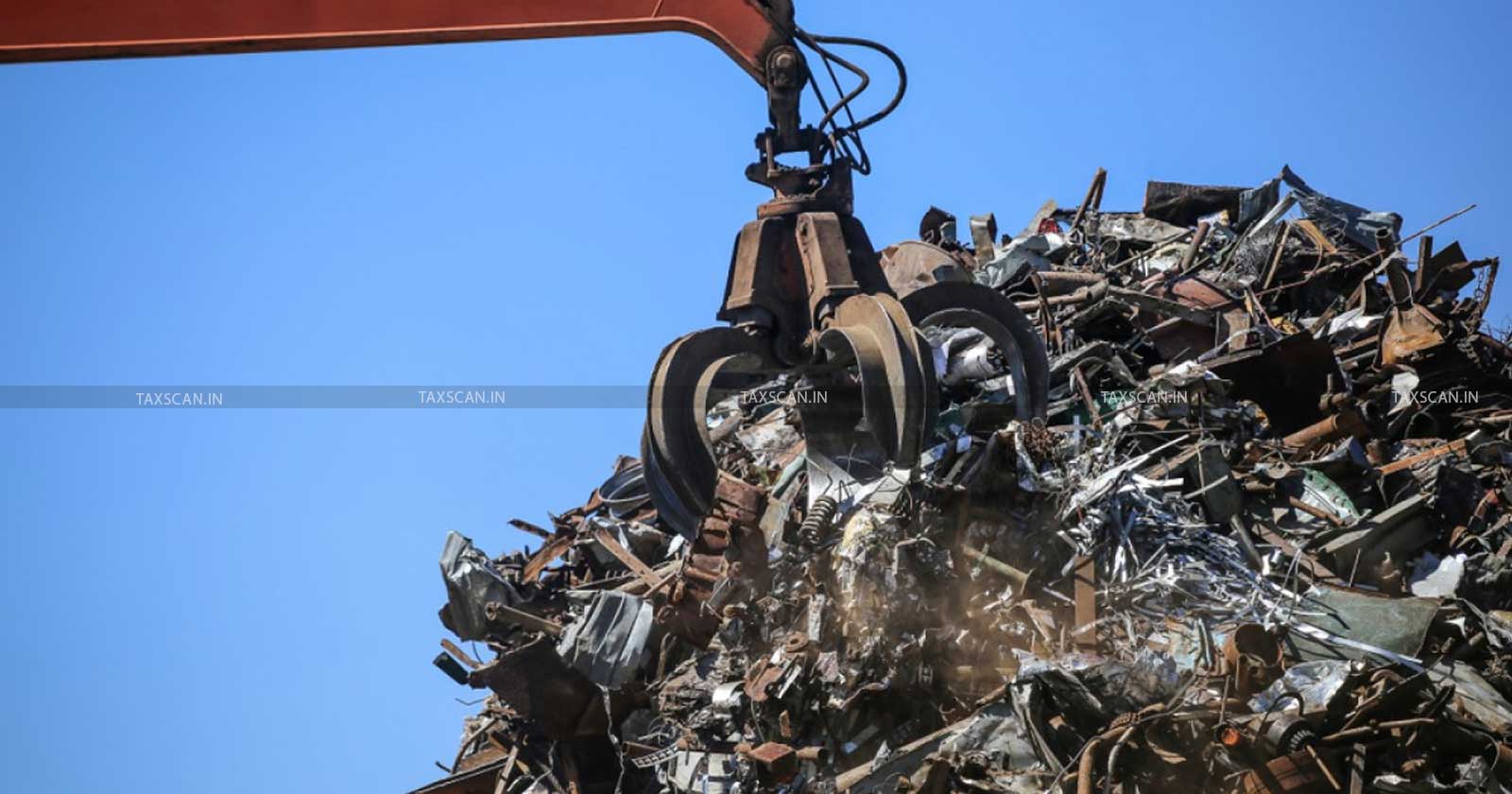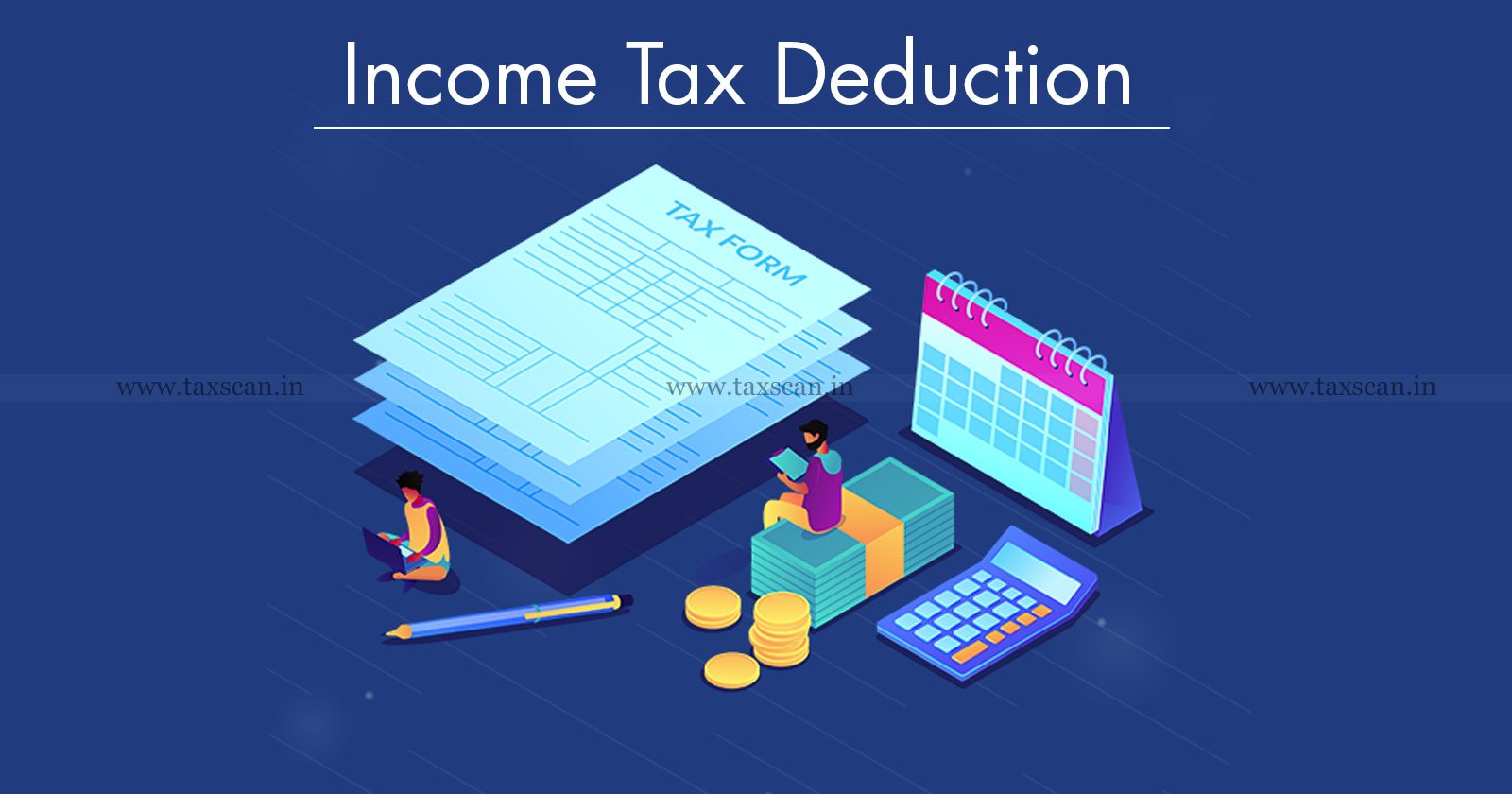S.80-IC Deduction Must Be Computed Solely on Eligible Unit’s Profit, ITAT Bars Set-Off of Non-Eligible Unit Losses [Read Order]
The Tribunal directed the AO to allow the claim at 30%, treating the eligible unit as the only source of income for the relevant year
![S.80-IC Deduction Must Be Computed Solely on Eligible Unit’s Profit, ITAT Bars Set-Off of Non-Eligible Unit Losses [Read Order] S.80-IC Deduction Must Be Computed Solely on Eligible Unit’s Profit, ITAT Bars Set-Off of Non-Eligible Unit Losses [Read Order]](https://images.taxscan.in/h-upload/2025/06/12/2043158-deduction-deduction-must-be-computed-solely-solely-on-eligible-units-profit.webp)
The Mumbai bench of the Income Tax Appellate Tribunal (ITAT) recently reaffirmed that deductions under section 80-IC of the Income Tax Act, 1961 must be computed solely on the profit of the eligible unit, without setting off losses from non-eligible units.
The appellant, Sysmex India Pvt Ltd, engaged in manufacturing operations across multiple units, including an eligible unit located at Baddi, Himachal Pradesh which qualifies for deduction under Section 80-IC, filed its return for Assessment Year (AY) 2017–18.
 Also Read:ITAT allows Depreciation claim u/s 80IC for Building, Factory, Furniture and Plant Machinery Blocks [Read Order]
Also Read:ITAT allows Depreciation claim u/s 80IC for Building, Factory, Furniture and Plant Machinery Blocks [Read Order]
During scrutiny, the AO computed the deduction under Section 80-IC after adjusting losses of the non-eligible unit against the profit of the eligible unit.
The assessee contended stating that the deduction under Section 80-IC should be computed at 30% of the profit of the eligible unit without setting off loss of non-eligible unit.
GST on Real Estate & Works Contracts – Your Ultimate Guide to GST in the Real Estate Sector!, Click Here
The assessee relied on the ruling of the coordinated bench in Milestone Gears Pvt Ltd vs. The ACIT (ITA Nos. 883 to 885/Chd/2017) where it was held that the deduction must be computed as per Section 80IC(7) of the Act.
As per the ruling, for the purpose of determining the quantum of deduction the eligible undertaking is to be treated as the only source of income of the assessee during the previous year, thus treating each eligible undertaking or enterprise as a separate unit.
 Also Read:ITAT Grants Deductions for Notice Pay, Scrap Sales and Miscellaneous Income u/s 80 IC of Income Tax Act [Read Order]
Also Read:ITAT Grants Deductions for Notice Pay, Scrap Sales and Miscellaneous Income u/s 80 IC of Income Tax Act [Read Order]
On appeal before the ITAT, the assessee, represented by Chartered Accountants Deepak Tikekarand Ashish Thakurdesai argued that Section 80-IC(7) incorporates Section 80-IA(5) which begins with a non-obstante clause and mandates that the eligible undertaking is to be treated as a stand-alone unit for purposes of deduction computation.
The revenue, represented by Bhangepatil Pushkaraj Ramesh, Sr. D.R., contended that profits and losses of all units must be aggregated under the scheme of Chapter VI-A of the Income Tax Act, 1961, for the AY 2017-18, relying on the general approach adopted for deductions under Section 80-IA.
 Also Read:Deduction u/s 80 IA of Income Tax Act not allowed to Enterprise carrying Civil Contract Work for Developer of Infrastructure facility: ITAT [Read Order]
Also Read:Deduction u/s 80 IA of Income Tax Act not allowed to Enterprise carrying Civil Contract Work for Developer of Infrastructure facility: ITAT [Read Order]
GST on Real Estate & Works Contracts – Your Ultimate Guide to GST in the Real Estate Sector!, Click Here
The bench comprising Narendra Kumar Billaiya (Accountant Member) and Sunil Kumar Singh (Judicial Member) ruled in favour of the assessee, directing the AO to allow deduction under section 80IC at 30% on the profit of eligible units without any set off.
The Tribunal observed that the eligible undertaking must be treated as the only source of income for the assessee, and that profits and losses of other units are not to be netted for computing deduction under section 80IC.
It also referred to the judgment of the Delhi High Court in CIT vs. Dewan Craft Systems Pvt. Ltd. (2008) which held that the overriding provisions of section 80-IA(7) prevent restricting deduction by adjusting profits of the eligible unit against losses of other units.
Accordingly, the Tribunal rejected the Revenue’s approach and allowed full deduction on the standalone profit of the eligible unit under section 80-IC. The appeal was allowed.
Support our journalism by subscribing to Taxscan premium. Follow us on Telegram for quick updates


